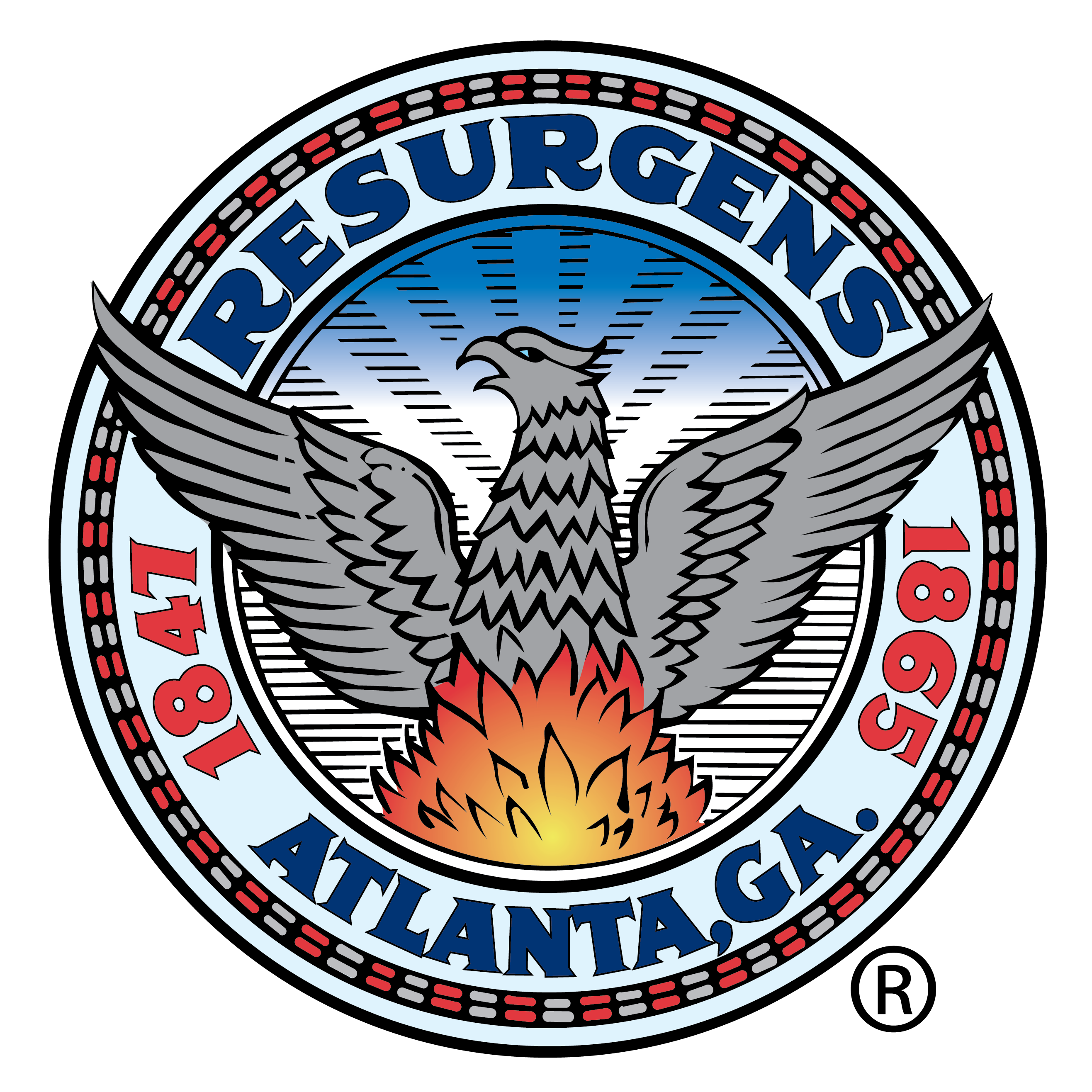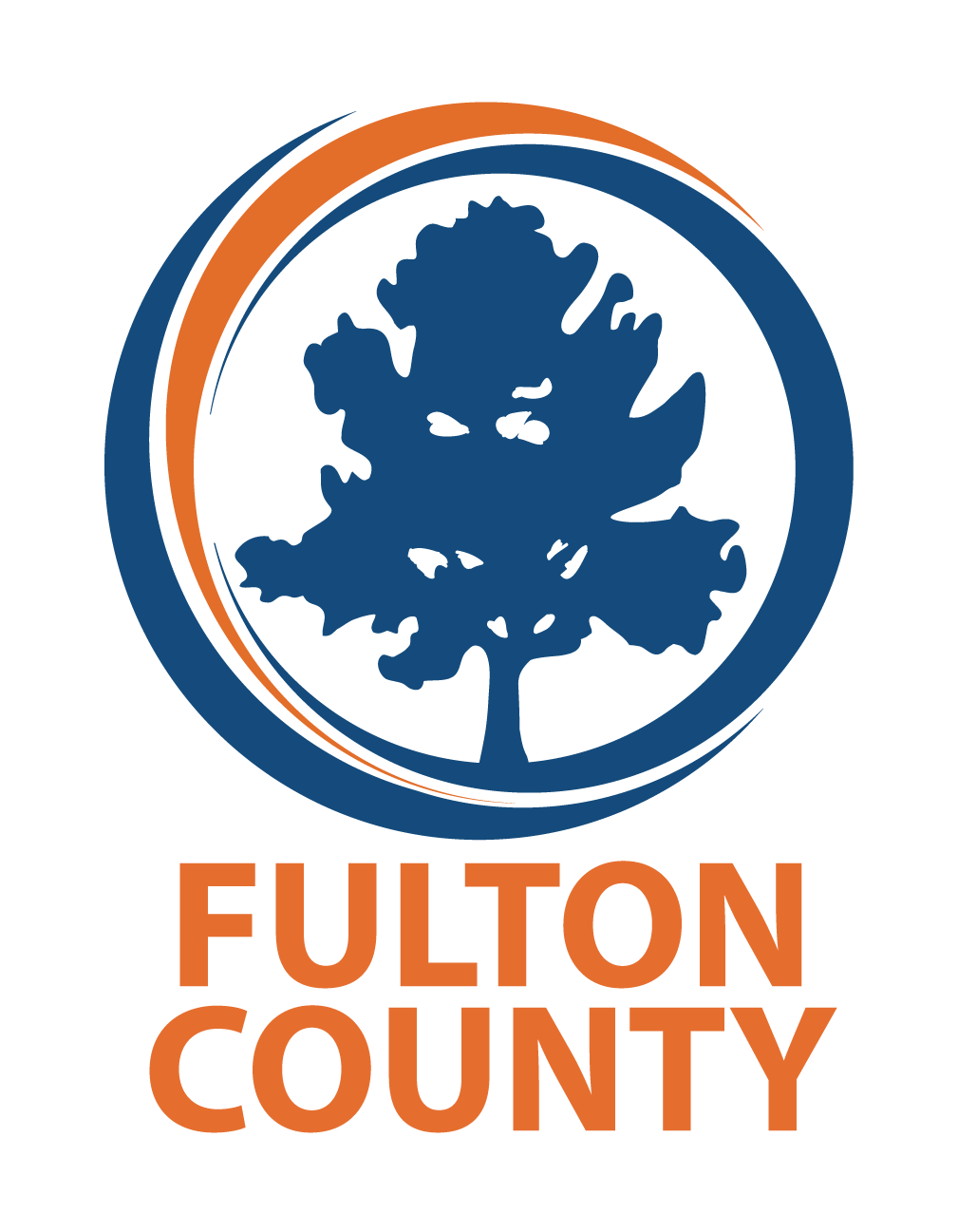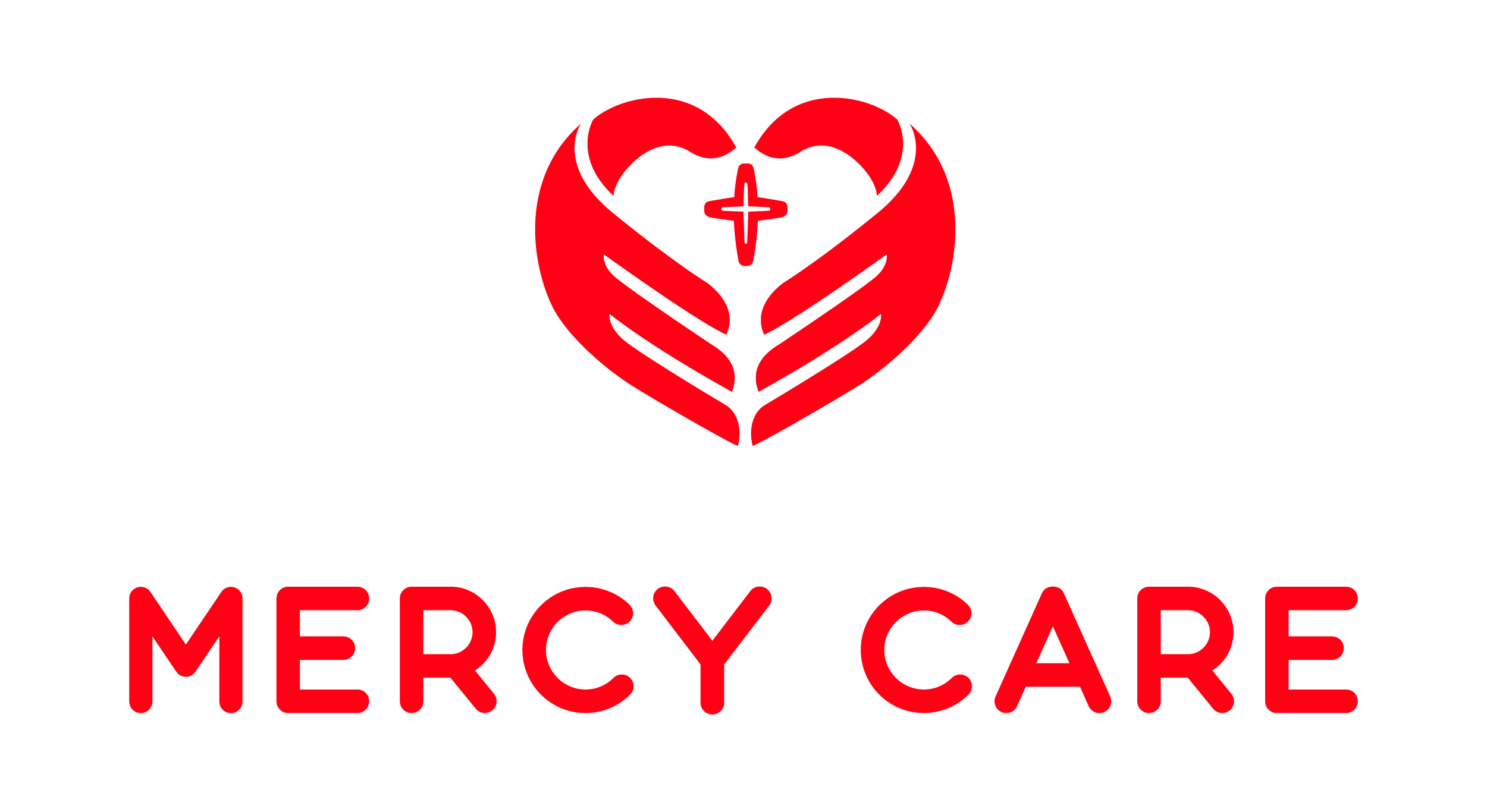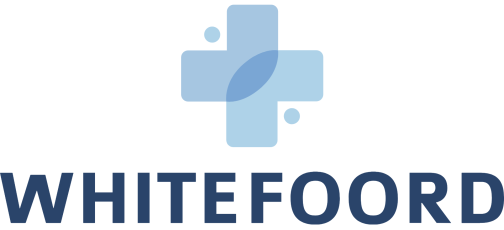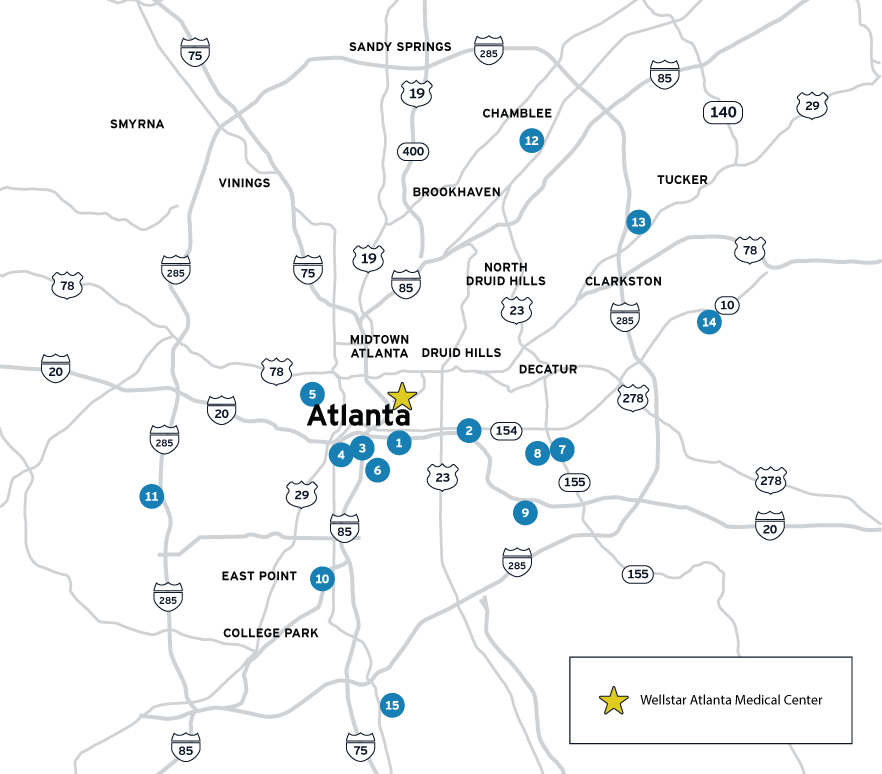MyHealthATL
Quality Health Care is Available in the Atlanta Metro Area
Please stay connected by using #MyHealthATL
When did AMC close?
Atlanta Medical Center Emergency Department is CLOSED. All Atlanta Medical Center operations ceased on November 1, 2022.
Where can I go for care?
Quality health care is available in the Atlanta metro area. Use the information below to learn about alternative care and emergency options. Click here to download the brochure.
What may I need to do?
If you previously received services at Wellstar Atlanta Medical Center, you can reach out to Wellstar’s Patient Record Division to obtain copies of your medical records for an easy transition to new providers.
This information is not a substitute for medical advice. If you are experiencing a medical emergency, please dial 911.
Where can I go for care?
When: If you are seeking care for any non-immediate issues, including prevention, wellness, and treatment for common illnesses, please contact a Community Health Center.
Common conditions that can be treated at a community health center:
- Annual physicals
- Care for minor symptoms, such as sore throat, cough, or nasal congestion
- Dental services (available at select locations)
- Laboratory testing, such as blood or urine tests
- Medication management
- Physicals for school, sports, camp, etc.
- Preventive care visits
- Referral to a specialist
- Screening and treatment for non-urgent conditions, long term health issues, such as managing high cholesterol, high blood pressure or diabetes
- Treatment for common illnesses such as colds, the flu, or urinary tract infections (UTIs)
- Treatment of some injuries, such as minor cuts or burns
- Vaccinations
Where: View Community Health Center options in your area.
A community health center, also known as a Federally Qualified Health Center (FQHC), is a type of clinic that’s community-directed and supported by federal funding. They’re aimed at serving communities that may not have access to affordable healthcare and will adjust the costs of services based on an individual’s ability to pay. Community health centers provide comprehensive primary care in addition to other services such as mental healthcare, dental care, pharmacies, and treatment or counseling for substance use disorders.
Locations are listed in order of proximity to Atlanta Medical Center:
When: If you are seeking care for any non-immediate issues, including prevention, wellness, and treatment for common illnesses, please contact a primary care provider.
Common conditions that can be treated by a primary care provider:
- Annual physicals
- Care for minor symptoms, such as sore throat, cough, or nasal congestion
- Dental services (available at select locations)
- Laboratory testing, such as blood or urine tests
- Medication management
- Physicals for school, sports, camp, etc.
- Preventive care visits
- Referral to a specialist
- Screening and treatment for non-urgent conditions, long long-term health issues, such as managing high cholesterol, high blood pressure, or diabetes
- Treatment for common illnesses such as colds, the flu, or urinary tract infections (UTIs)
- Treatment of some injuries, such as minor cuts or burns
- Vaccinations
Where: View Primary Care options in your area.
One of the most popular types of clinics are those that focus on primary care. Primary care clinics cover a wide range of routine and preventive healthcare services. The doctors you’ll see at a primary care clinic practice general medicine in their field. This can include family medicine, internal medicine, or pediatrics. Additionally, some primary care clinics may offer services at low cost or no cost. These clinics may be referred to as free or charitable clinics. Community health centers or Federally Qualified Health Centers offer these same services
Locations are listed in order of proximity to Atlanta Medical Center:
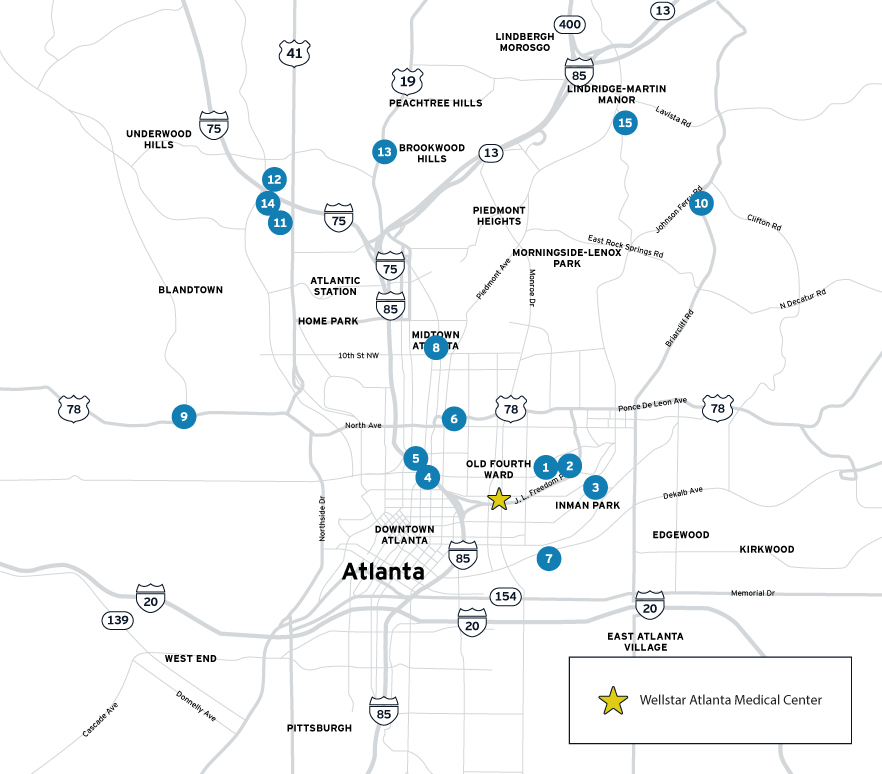
When: If you have a non-life-threatening illness or injury that requires immediate same-day care, please go to a local urgent care center.
Common conditions that can be treated at an urgent care center:
- Back or muscle pain
- Cuts and minor burns
- Diarrhea
- Eye irritation and redness
- Earache
- Fever and colds
- Flu
- Dehydration
- Infections
- Mild asthma attacks
- Skin conditions
- Sprains or joint pain
- Upper respiratory infection (such as bronchitis)
- Urinary tract infections
- Vomiting and nausea
- Strep throat
Where: View Urgent Care options in your area.
Urgent care centers can be utilized for urgent medical conditions, illnesses, or injuries that are not considered life-threatening emergencies, but still require same-day care within 24 hours. Urgent care centers offer fast, convenient access to medical care. An urgent care center is not a substitute for primary care but is a great resource when you need care and cannot schedule with your primary care physician urgently.
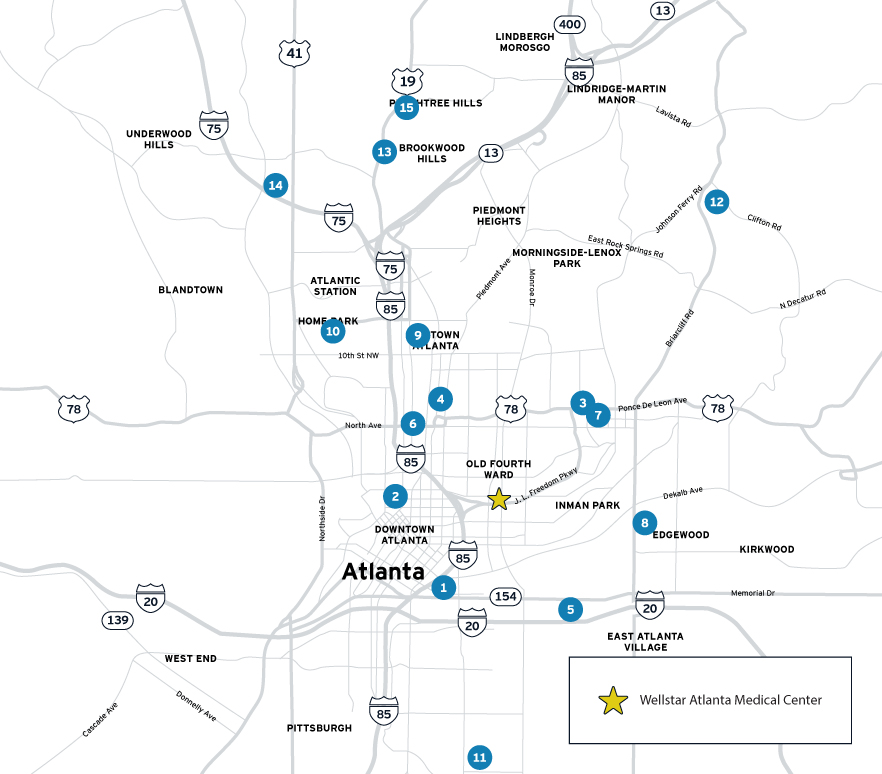
When: If you have a serious or potentially life-threatening illness or injury, go to the nearest emergency room or call 9-1-1. Emergency care is available 24/7.
Common conditions that can be treated at an emergency care facility:
- Broken bones
- Chest pain or pressure
- Coughing or vomiting blood
- Difficulty breathing / shortness of breath
- Fainting, dizziness, or loss of consciousness
- Head or neck injuries
- Heart attack symptoms
- Pneumonia
- Poisoning
- Seizures
- Serious burns and cuts
- Severe abdominal pain
- Severe allergic reaction
- Severe or persistent diarrhea or vomiting
- Stroke symptoms
- Sudden changes in vision
- Sudden or severe pain
- Sudden, severe headache, paralysis, or weakness
- Suicidal or homicidal feelings
- Suspected concussion
- Uncontrolled bleeding
Where: View Emergency Care options in your area.
The emergency room (ER) is a department in a hospital or medical center. Unlike a doctor’s office, you do not need an appointment, but that means many people may need treatment at the same time. In that case, the most urgent problems are treated first. If you feel that your condition has changed while you are waiting, let the triage nurse know. ERs work best when they are used for truly life-threatening emergencies. If you have a serious or potentially life-threatening illness or injury, go to the nearest ER or call 911.
Locations are listed in order of proximity to Atlanta Medical Center:
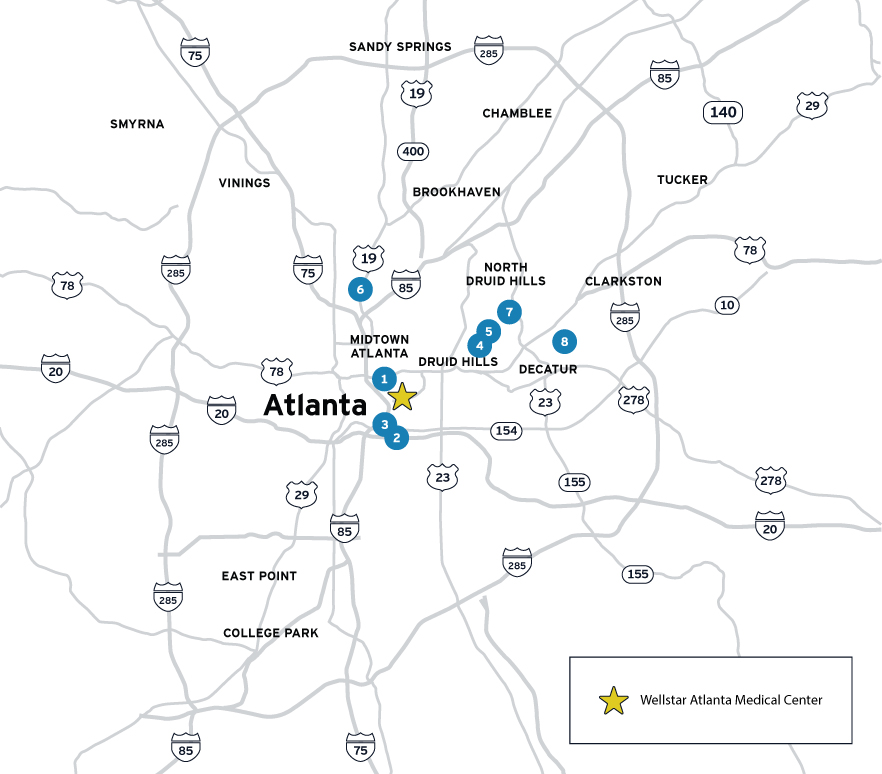
When: If you are concerned about your mental health, please seek care at a behavioral health clinic.
Common services provided at a behavioral health clinic:
- Diagnosis of mental health conditions including: anxiety disorders, such as generalized anxiety disorder (GAD), panic disorder, or post-traumatic stress disorder (PTSD)
- Depression
- Bipolar disorder
- Schizophrenia
- Substance use disorders
- Eating disorders
- Outpatient counseling, which can take place in an individual, group, or family setting
- Prescription medications to help manage mental health conditions
- Case management services
- Supportive services, such as help with managing medications or developing a support network
- Addiction treatment and support services
Where: View Behavioral Health options in your area.
Behavioral health clinics provide treatment and services for those concerned about their mental health. The health care providers who work at behavioral health clinics are focused on helping diagnose and treat many types of mental health conditions.
See all locations
Find the nearest healthcare option to you. On the left-hand side of the map you can:
- Check/uncheck any location type to filter and view different healthcare options
- Expand the list of each location type to see a full list of locations
- Click on any location to see location details (e.g., street address, phone number, hours of operation, etc.)
